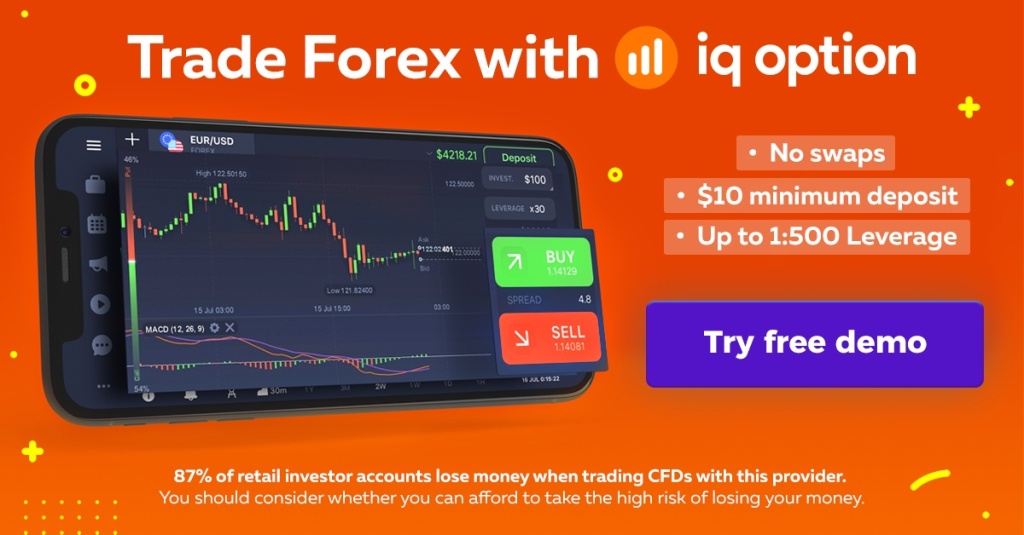People will always find an opportunity in a crisis. This year has been one of the strangest years we will ever experience. Because of the global pandemic, we have been ‘shut-in’ physically and mentally. Hiding in our homes in an effort to save the lives of the elderly and sickly.
Technologies that enable people to communicate with each other from different locations and work remotely have had an excellent year because of this.
Who needs phones & email?
The pandemic may have stopped us from having face-to-face meetings because of self-isolation and social distancing. So just like that, we all needed to have online meetings and digital collaborative meetups.
In 2020, we just stopped phoning people. We needed to see what other humans looked like. So, we engaged more in video calling, using whatever technology available that supports that functionality.
The online video-conferencing tool Zoom, therefore, went from being a company you’d probably never heard of, to global ‘overnight’ success. It was founded in 2011 by Eric Yuan, a former Cisco engineer, and executive, who then launched it in 2013 as software for companies. It was valued at $1bn in 2017 because it enjoyed very strong revenue growth and was easy to use, and became profitable in 2019, and listed on the Nasdaq.
“You’re on Mute! “
Quote of 2020
Come early 2020, Zoom entered a boom period as most of us used it while in quarantine. Its share price, therefore, grew more than 490% from $68.72 to around $406.
MS Teams, Microsoft’s answer to Zoom. is believed by many to be more reliable and secure than Zoom – which suffered a major breach earlier in the year. Google’s Meet also features on the list of top video calling/conferencing apps.


We won’t delve into comparison here. The pros and cons are highly dependant on what you use it for and your business size/budget. The usage stats below speak volumes though albeit just for the two major economies.

Other tools
When we weren’t working, we were using social communication applications such as House Party which, apart from allowing you to stream music and play virtual DJ, enabled you to play games with one another.
They were mostly silly general knowledge games but hangman made a welcome comeback to society thanks to this app.
Discord, an American Voice over Internet Protocol (VoIP) that uses instant messaging and runs a digital distribution platform also gained new users. It no longer just relies on gamers and people in creative computer development roles to drive its usage.
The Home Office
We started (forcibly) working from home and those who believe it made them more efficient and productive are considering carrying on with it in 2021.
The working from home concept, therefore, changed from being something associated with putting in half the effort and lazy lie-ins.
Companies at least in the developed world, have to offer the option of working from home. Like any viral pandemic, Coronavirus will still be around in 2021 as the vaccine could take a while to ‘take effect’. Working from home isn’t disappearing any time soon!
To operate a home office though, you need to have an advanced enough computer system, the right anti-virus software, and other methods of securing your work. Companies became concerned that people were using their personal computers to log onto work servers and bringing problems along with that. It’s not just good enough to get a laptop to have a ‘home office’.
We have also had to set up reliable phone systems for business. Landlines are becoming old-fashioned plus virtual phone systems that are simple to set up and use are becoming popular.
Smart speakers are also becoming popular. You can use them to play music via Spotify or the radio but can also be used to create the right audio ambience for your meetings and remind you about important events, tasks, and meetings.
It’s all about getting tech products and virtual assistants to make working easier. People also invested in better desks and other office accessories such as computer or mobile-phone-operated coffee machines. Yes, those do exist! Expect the internet of things (IoT) to play a bigger role in your life next year and beyond.
Cybercrime on fleek

Naturally, because we are all forced online, this is no better time for cyber-thugs. They have upped the ante with cleverer ways to dupe you out of your already diminishing funds. Here some of the highlights of 2020 when it comes to crime on the web according to cybersecurity provider ID Agent:
–A cyberattack is attempted every 39 seconds.
-700 million people in 21 countries experienced some form of cybercrime.
–The damage related to cybercrime is projected to hit $6 trillion annually by 2021.
-Ransomware attacks rose 148% in March 2020.
-Cloud-based attacks rose 630% between January and April 2020.
-Two in five SMBs have been the victim of a ransomware attack.
-More than 80% of reported cyberattacks are phishing.
-Phishing attempts have increased by more than 660% since March 1, 2020.
-Organized crime gangs account for 55% of attacks.
The rise of AMD
Chipmaker AMD has had a stellar year as it has brought out some of the most advanced (yet affordable) computer chips ever built and has managed to outshine rival behemoth, Intel.
Its share price on the Nasdaq bounced from $49.10 to about $95.92. The company has been a runaway success story, especially over the past five years. At the end of December 2015, AMD stock was a paltry $2.87, that’s 3242% growth in half a decade!
Another contributing factor for the company’s success is that AMD’s Ryzen line of processors has been a huge hit since its release. They are used in some of the best mining CPUs money can buy.
Mining is the process of acquiring Bitcoins and other Cryptocurrencies using special software together with your PC’s hashing power.
Crypto makes a comeback!

Cryptocurrencies Bitcoin and Ethereum experienced returns of more than 216% and 390% year-to-date respectively.
The argument is that institutional investors including some of the world’s largest finance houses and banks are now backing the world’s most popular digital currency.
This is despite the fact that most ‘9-5 people’ are not using Bitcoin to buy much on a daily basis – but this trend is changing.
It is still purported to be a means for criminals and drug dealers to help avoid banking authorities from checking their transactions. Or maybe that is just an underground rumour (or FUD) created by the fearful banking system.
But seriously, a few things are speculated to be behind the Crypto surge.
The US Federal Reserve cut interest rates, loaned more than $1.5 trillion to banks and financial institutions. It also increased its purchases of US treasury securities to stabilize the economy when the pandemic struck.
This response was very strong and helped to weaken the effects of a national lockdown on the largest economy in the world.

These actions created a favourable ‘macro environment’ in which to invest in an asset that is perceived as very risky given its lack of use and lack of clarity around what it can be used for. The high returns compared to Gold, interest-bearing and other traditional assets have certainly got the major asset managers excited.
The second trend that propelled cryptocurrencies was the above-mentioned expansion of digital life. This may have lead to more investors feeling comfortable using a digital wallet. From payment systems, storage, finance, to gaming, gambling and sports: There is now literally a crypto-based coin for anything under the sun! This digital transformation has even prompted global Central Banks to seriously consider a move away from paper money.
The Future
Our lives are progressively going digital. Many older people who had never used a computer to shop online before, did so for the first time in 2020. They also using messaging apps for the first time as well as streaming entertainment services such as Netflix, Hulu, Amazon Prime, and Disney Plus.
To sum up, the year 2020 has been an abomination of a year. Who knows what 2021 will bring? Maybe (tech-driven) Tesla stock will keep on rallying after successfully listing on the S&P500. But maybe also because owner, Elon Musk kind of took an interest to Bitcoin. This year has indefinitely made us aware of two things: proper sanitization and the practical use of computers.





















